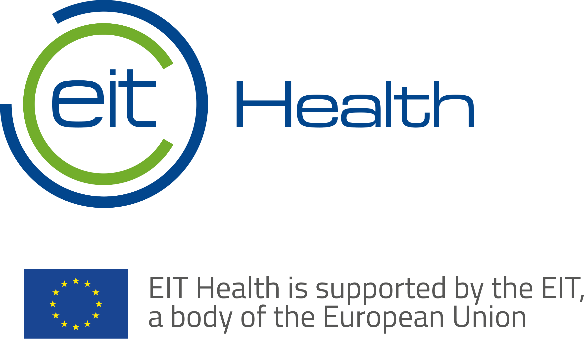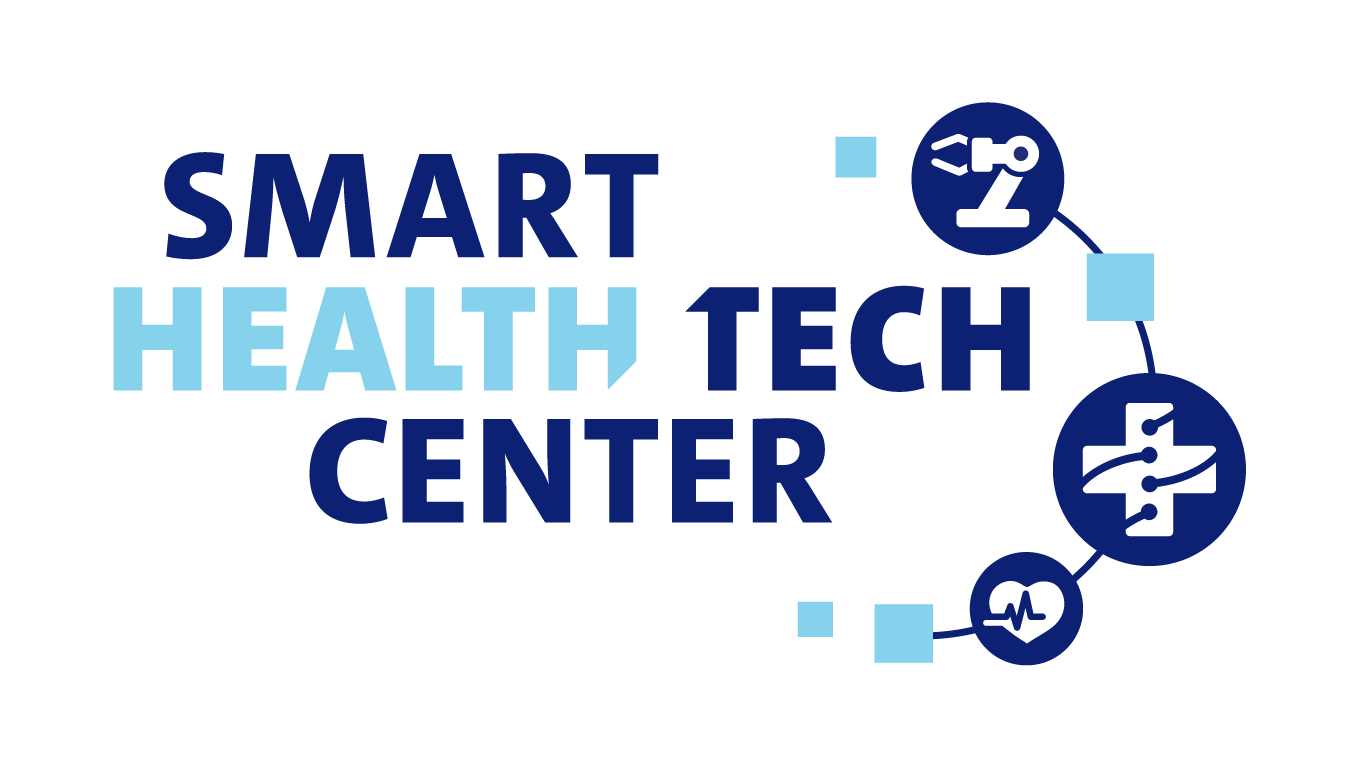(COLO-MET) Novel mass spectrometry-based urine test for early detection of colorectal cancer metastases in the liver
Project summary
The COLO-MET project aims to develop an easier, cost-effective and patient-friendly test, involving a urine test combined with a blood test, for early detection of liver metastases, which is associated with bowel cancer. The COLO-MET project will address an important clinical need for affordable, fast and patient-friendly colorectal carcinoma monitoring. The motivation for this work is to find molecular markers that can aid in simple diagnostics in cancer. The project started with a focus on metastsasis of corectal cancer because of its high social and economic impact. This project will be performed by a strong public-private consortium. Erasmus MC’s Dr. Theo Luider (project leader) will perform retrospective clinical validation of Host Cell Protien (HCP) biomarkers. In collaboration with the world-leader in laboratory equipment Thermo Fisher Scientific, Erasmus MC will optimise the innovative PRM analytical method to achieve high quantification precision and accuracy. Erasmus MC’s Prof. Jan IJzermans will collect patient samples and provide training sessions for clinicians. Students from the Biology and Medical Laboratory research programme of Rotterdam University of Applied Sciences will receive on-site training in mass spectrometry techniques, business development and bringing innovations from academia to the market.
Impact
The solution can help patients, doctors and the healthcare system by improving monitoring for colorectal carcinoma. The solution offers several specific improvements in healthcare:
- Optimisation of technology for the new biomarker opens the way for accurate determination of other novel biomarkers for colorectal liver metastasis and other indications.
- Use of longitudinal samples may improve biomarker specificity and sensitivity, and will allow the determination of optimal urine collection time for biomarker analysis.
- The PRM method can be optimised for use on HF QE Orbitrap and triple quadrupole available in most clinical laboratories.
More detailed information
Principal Investigator:
Prof. dr. Theo Luider
Role Erasmus MC:
Partner
Department:
Project website:
Funding Agency:
EIT Health



